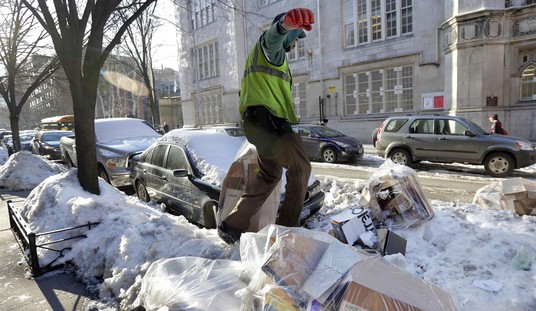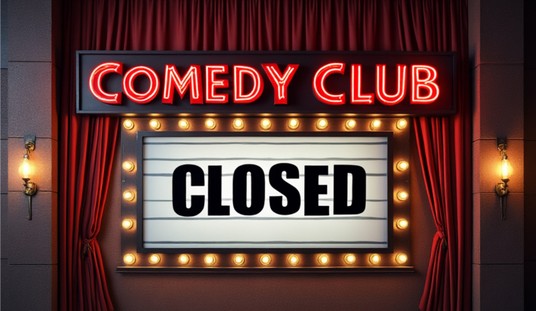The worst things have been bipartisan. Deficits are bipartisan. Old talking points aside, it is an open secret that the elder statesmen of both established parties accept their own folkways about Keynesian conventions like the multiplier effect. The jointly held beliefs of Democrats and Republicans escape whenever we hear the jargon of neo-Keynesian economics in various congressional hearings. We see this shared outlook whenever a president of one party renominates the Fed chairman nominated by that of another.
Most unavoidably similar of all, we saw a Republican president leave office championing a stimulus package as the signature domestic policy of his last year, to be replaced by a Democrat that made the signature domestic policy of his first year another stimulus package.
The tea party movement of 2009, founded on fiscal responsibility, rightly insists it is not an organ of either established party and, learning that neither establishment is sincere in sobering up, we, as the song says, won’t be fooled again.
We’re all apprehensive about the Republican Party co-opting the tea party movement. We’ve seen so many times the party out of power pledge that they’ve sobered up and insist that the new faces arriving are something different, but we know they have only mothballed neo-Keynesian economics that advocates a mixed economy that we see as always folding in more state control as the batch progresses.
So we’re no GOP pawns, but major media outlets have already set that perception. We’re struggling to set an agenda that both prevents that Republican takeover from happening and demolishes the media-created perception that we’re merely small-minded stooges of the Grand Old Party. We can slice through this Gordian Knot in one blow by destroying the barriers to multiparty viability on the ballot.
As ballot laws exist now, we are held perpetually one move from checkmate. The ballot keeps us in check. The mechanism that sets the stacked chessboard is known to political science as Duverger’s law. This law is alluded to implicitly whenever one speaks of the two-party system. While America doesn’t have a de jure two-party system, the dynamics of our electoral system are built so that, until we retool the system, this is our de facto reality.
Part of what makes America exceptional is our individualism, and a part of that is voting individuals into office, so proportional voting is out. The alternative is the closest thing we’ll have to a silver bullet: preferential voting.
In the simplest form, preferential voting is a ranking system for votes. Let’s say we preferred Bob Barr for the 2008 presidential election, but saw McCain as slightly better than Obama. As ballots exist now, you “hold your nose” for McCain, who has a realistic chance of winning.
But a preferential system is different. In this system, you rank your votes by choosing a favorite, then a second favorite. Your vote for the favored Barr will go to Barr if his vote total places him in the top two in the election results. If your favored isn’t among the top two vote-getters, your second favorite is selected in an instant runoff. Because you ranked him second, you don’t have to hold your nose for McCain; the ballot does that for you.
With this one change to the ballot, voting outside the duopoly is no longer a strategic mistake in any race. The worst of all evils never has to benefit from your disillusionment.
But now you’re cynical again, because the state legislatures belong to the partisan duopoly. Majorities would never pass a bill that would revoke the privileges of the existing order. That will indeed prevent preferential voting from ever becoming law in roughly half the states, but the other half allow for citizen-driven ballot initiatives.
Collecting enough valid signatures in the twenty-plus states that allow initiatives will be tough work, but we already know how dedicated the tea party movement is. If given a printer-friendly page of the petition, barrels of ink in aggregate would be printed and signed within hours of word getting out.
This is our bottleneck. The ballot we’ve been cursed with has been the mechanism of regulatory capture that keeps the cartel dominant. The ballot initiative was always meant to be the cure. Now, it is.









Join the conversation as a VIP Member